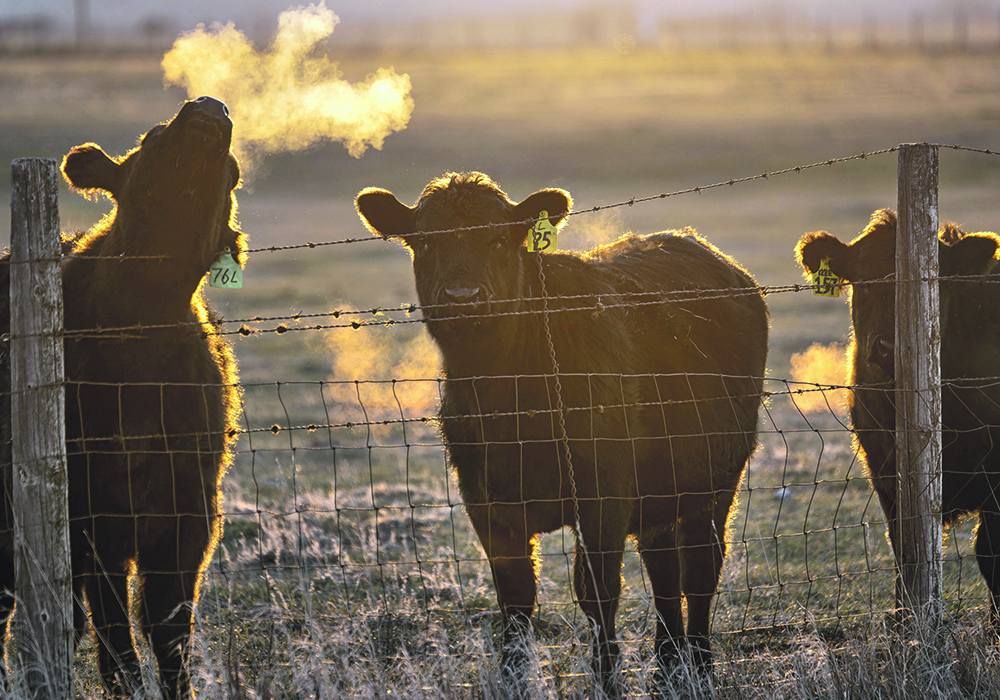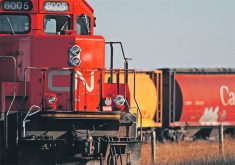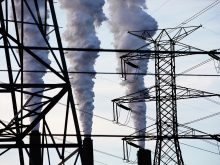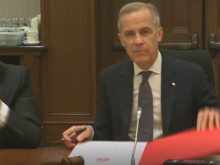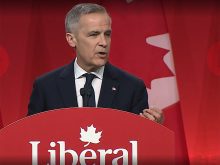Campaign looks for natural gas and propane receipts so that they can be used to pressure Ottawa to approve exemption
CALGARY — Producers are being urged to join a Canada-wide campaign to send federal politicians the message that carbon taxes on natural gas and propane must be lifted off the necks of farmers and ranchers.
The #ShowYourReceipts initiative is encouraging producers to share their natural gas and propane expenses with the Agriculture Carbon Alliance, said Grant McLellan, chief executive officer of the Saskatchewan Cattlemen’s Association. The data will be presented to MPs, senators and cabinet ministers to underline the need to pass Bill C-234 in its original form.
Read Also

Producer profits remain under significant pressure
Manitoba farmers are facing down a double hit of high input costs, like fertilizer, and low grain prices as they harvest their next crop.
The Senate changed the private member’s bill by removing barns, outbuildings and greenhouses from a carbon pricing exemption clause, said McLellan. Senators also shortened a sunset period for the exemption for propane and natural gas used in grain drying, cutting it from eight years to three.
“When you marry together the amendments to the bill, the delay in passing a bill that we understood had broad support across a number of political parties, and you marry that together with the exemption for home heating in the Maritimes, it’s really a slap in the face to the agricultural sector,” said McLellan.
The annual cost of carbon taxes has been in the tens of thousands of dollars for many producers, he said.
“And when you consider the value of the commodity that we’re producing, which is food — and it’s food that’s raised in a highly competitive market that we compete with international groups from countries like the United States — we are really hamstringing ourselves with this type of policy when we already know that we raise some of the most sustainable food in the world here in Canada, and particularly in Saskatchewan.”
Carbon taxes have hit cattle feedlots particularly hard because they have more farm buildings, he said.
“And certainly, this exemption that was proposed in Bill C-234 stood to represent a significant financial opportunity for them, or the reduction of a significant financial burden, and so that has been stripped from the bill.”
After the amended legislation was passed during a third reading Dec. 12 by the Senate, it was sent back to the House of Commons.
“The bill now falls short of providing essential relief for farmers, ranchers and growers who require propane and natural gas to heat and cool their barns or run their greenhouses,” said a statement from the Agriculture Carbon Alliance emailed by the SCA.
The legislation faces a significant threat of dying completely because of the parliamentary process if producers do not push for the quick passage of the original version into law, said the statement.
“Ottawa is a long way from the farmgate — it’s time to bridge that gap. Let’s show senators and MPs the impact this tax has on your daily operations.”
McLellan said the carbon tax is slated to increase again in April, even as Saskatchewan beef producers deal with the impact of drought and high input costs such as feed and transportation that were aggravated by the tax in 2023.
“And so, it seems like even when there’s an opportunity or a market improvement … there’s always someone reaching into your pocket.”
The members of the Agriculture Carbon Alliance include national farm organizations representing everyone from beef, dairy, pork, chicken, turkey and sheep producers to the growers of crops such as grain, canola, forage, fruit, vegetables and mushrooms.
Producers can visit https://agcarbonalliance.ca/show-your-receipts/ to send their natural gas and propane bills to the alliance.
The data will be compiled and analyzed, with anonymity ensured by only using the first name, province and commodities of producers, it said.
“Now it’s time to #ShowYourReceipts to reinforce our position and back up our advocacy efforts to make sure that members of Parliament reject the Senate’s proposed amendments and the bill is finally passed into law in its original form,” it said.
“We’re seeking your crucial input. How much have you paid in carbon taxes for essential farming operations such as drying grain, heating barns and greenhouses, irrigating land or preparing feed?”




